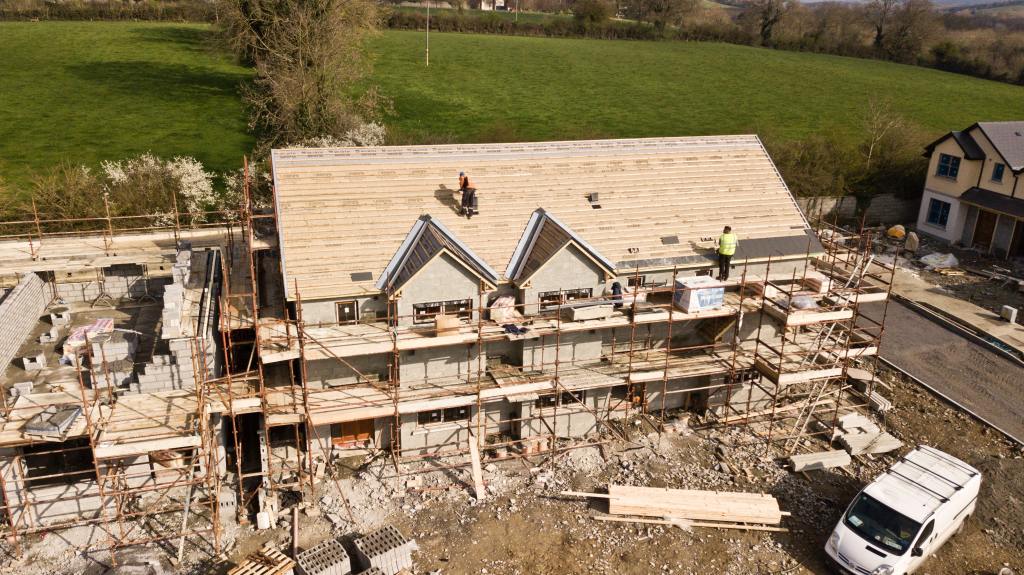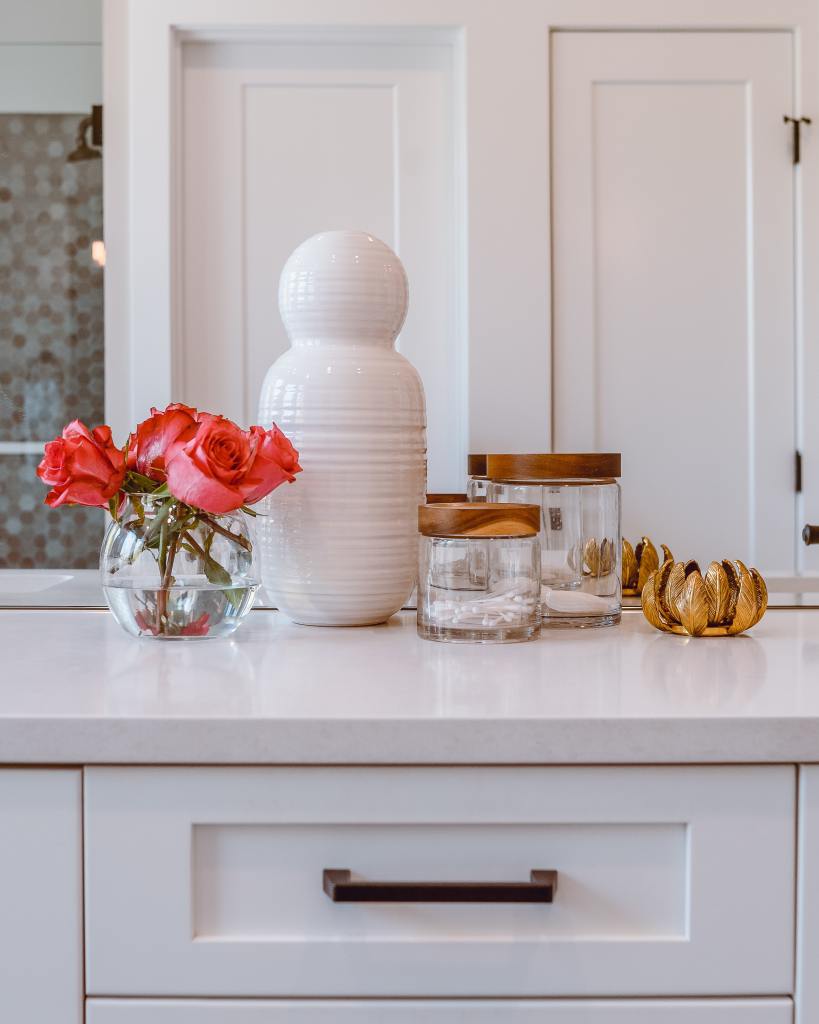What To Think About When Buying a Home
For a lot of people, owning and buying a home is a huge investment and gives you a great sense of pride that you do not get from renting. Whether you’ve bought before or it’s your first time, there’s a lot to consider and think about when buying a new home. Here are three key … Read more


